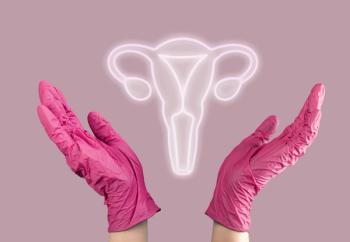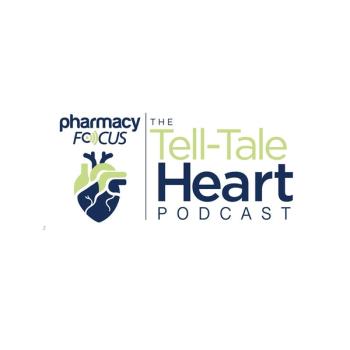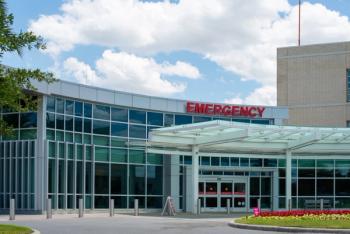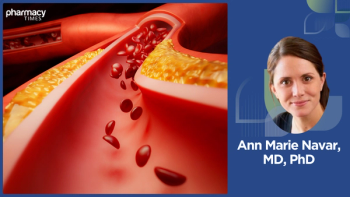
Opioid-Induced Testosterone Deficiency Adds Treatment Concerns
Opioids and testosterone increase premature coronary artery disease risk.
Opioid-induced testosterone deficiency decreases libido and worsens quality of life and body composition.
Opioids down-regulate the hypothalamic—pituitary–gonadal axis to produce near-castrate testosterone levels, while also suppressing adrenocorticotropic hormone secretion from the anterior pituitary. In patients who develop deficiency, testosterone supplementation improves pain relief, lean body mass, and body fat composition.
Opioids inhibit insulin release via opioid receptors on the pancreatic beta cells. Both opioids and testosterone increase premature coronary artery disease risk. The journal Clinical Endocrinology published a study in its August 2016 issue, indicating testosterone replacement treatment for opioid-induced androgen deficient males does not worsen metabolic and inflammatory markers.
The study enrolled 64 non-diabetic men between 18 and 64 years old to receive at least 20 mg of hydrocodone per day — or its morphine dose equivalent — for at least 4 weeks to treat non-cancer pain with testosterone levels lower than 12 nmol/L. Participants applied either 5 grams of testosterone gel or a matched placebo daily for 3 months.
The researchers measured total testosterone levels and collected metabolic parameters, inflammatory markers, and oral glucose tolerance tests after 14 weeks. Testosterone replacement for 14 weeks did not worsen testosterone-deficient patients' metabolic and cardiovascular health. The testosterone-treated patients’ total testosterone levels more than tripled (7.7 nmol/L to 27 nmol/L) into a target range of 17 to 34.7 nmol/L.
Testosterone improved pain sensitivity, sexual desire, and quality of life. Patient lipid profiles, fasting insulin and glucose, leptin, and C-reactive protein laboratory values were similar in both arms. Cardiovascular risk was unchanged between groups although the study was underpowered to confirm this finding.
Testosterone improved opioid pain relief without short-term negative effects on metabolic and cardiovascular markers in testosterone deficient patients. The researchers suggest that larger studies over longer periods are needed to detect minor differences in laboratory findings and cardiovascular risk between groups.
Opioid prescribers should consider the endocrine effects and consider medications from other classes in patients experiencing opioid-induced testosterone deficiency.
Newsletter
Stay informed on drug updates, treatment guidelines, and pharmacy practice trends—subscribe to Pharmacy Times for weekly clinical insights.







































